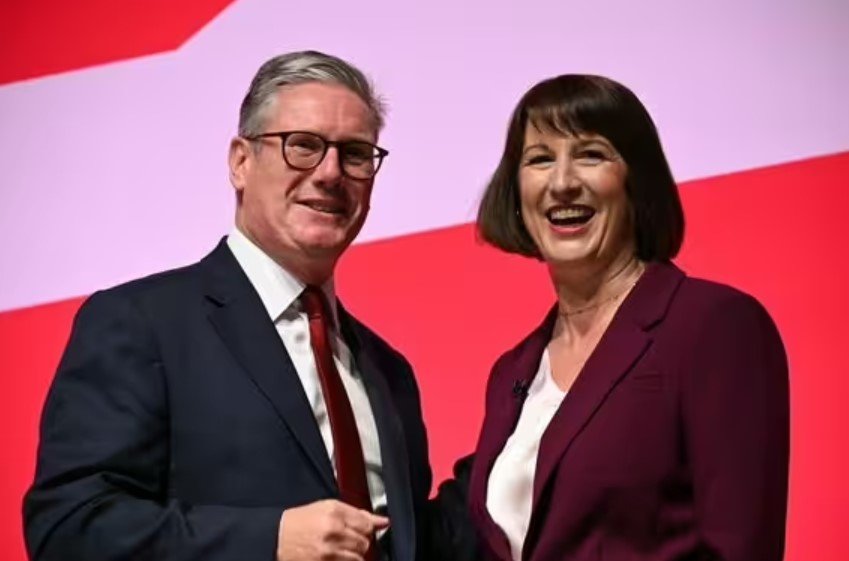In a recent statement, Education Secretary Bridget Phillipson confirmed that workers will not see higher taxes on their payslips following the upcoming budget. However, she declined to provide specifics on the measures intended to address the significant £40 billion revenue gap, leaving many questions unanswered.
Promises Without Clarity
Bridget Phillipson reiterated Labour’s commitment to not increasing national insurance, income tax, or VAT for “working people.” However, the definition of “working people” remains ambiguous, causing uncertainty among the public and analysts alike.
Phillipson explained to Sky News that “working people” are those “whose main income arises from the fact that they go out to work every day.” Despite this clarification, she avoided detailing whether this includes individuals with additional income sources like savings.
Key Points:
- Ambiguous Definitions: Unclear who qualifies as “working people.”
- Public Confusion: Lack of clarity on tax policies creates uncertainty.
- Ministerial Deflection: Phillipson defers to the Chancellor on specific budget measures.
The government later clarified that the promise to keep taxes stable is valid until the next election. However, Phillipson stumbled during a BBC interview when asked if small business owners with average net profits are considered “working people,” further fueling the confusion.

Potential Tax Measures on the Horizon
While Labour pledges to hold firm on certain taxes, the Chancellor Rachel Reeves is reportedly exploring other avenues to bridge the £40 billion shortfall. Potential measures include adjustments to capital gains tax, fuel duty, and inheritance tax.
The revised shortfall estimate, now more than double the previous £22 billion projection, has intensified speculation about the breadth and depth of upcoming tax changes.
Possible Tax Adjustments:
- Capital Gains Tax: Increased rates on profits from asset sales.
- Fuel Duty: Higher taxes on fuel consumption.
- Inheritance Tax: Elevated rates on estate transfers.
Paul Johnson, director of the Institute for Fiscal Studies, warned that Wednesday’s fiscal event could result in one of the most significant tax-raising budgets in history if the new shortfall figures hold true. This prospect has ignited fierce debates and accusations of misleading the public.
Political Ramifications and Public Trust
The opposition Conservative Party has seized upon Labour’s lack of clarity as evidence of broken promises and manipulative tactics. Gareth Davies, the shadow exchequer secretary, accused Labour of “fiddling the figures to whack up borrowing” despite assurances in their manifesto.
Davies emphasized that Labour is “not keeping their word” and is attempting to deceive the public regarding their economic plans. This rhetoric underscores the deepening political divide and the challenges Labour faces in maintaining public trust.
Conservative Criticism:
- Broken Promises: Allegations of Labour not adhering to manifesto commitments.
- Economic Manipulation: Claims of adjusting figures to justify increased borrowing.
- Public Deception: Accusations of misleading the electorate about fiscal policies.
The tension between the ruling party and the opposition highlights the broader implications of fiscal policy decisions on political stability and voter confidence.
Redefining Fiscal Rules for Future Investment
Chancellor Rachel Reeves has announced plans to redefine the government’s self-imposed fiscal rule. The new definition will focus on public sector net debt, allowing for greater borrowing flexibility to invest in key areas.
This shift aims to support economic growth and investment, but it has drawn criticism from former Bank of England governor Mervyn King. King warned that increased borrowing could burden future generations with higher national debt, urging transparency and accountability in how the borrowed funds will be managed.
Criticisms and Concerns:
- Future Debt Burden: Increased borrowing may lead to higher taxes for future generations.
- Transparency Issues: Calls for clear communication on the benefits and constraints of higher borrowing.
- Economic Sustainability: Concerns about long-term fiscal health and debt management.
King advised that the Chancellor should “demonstrate how that higher borrowing in the short term is going to be constrained in the future,” emphasizing the need for a balanced approach to fiscal policy that safeguards economic stability.
